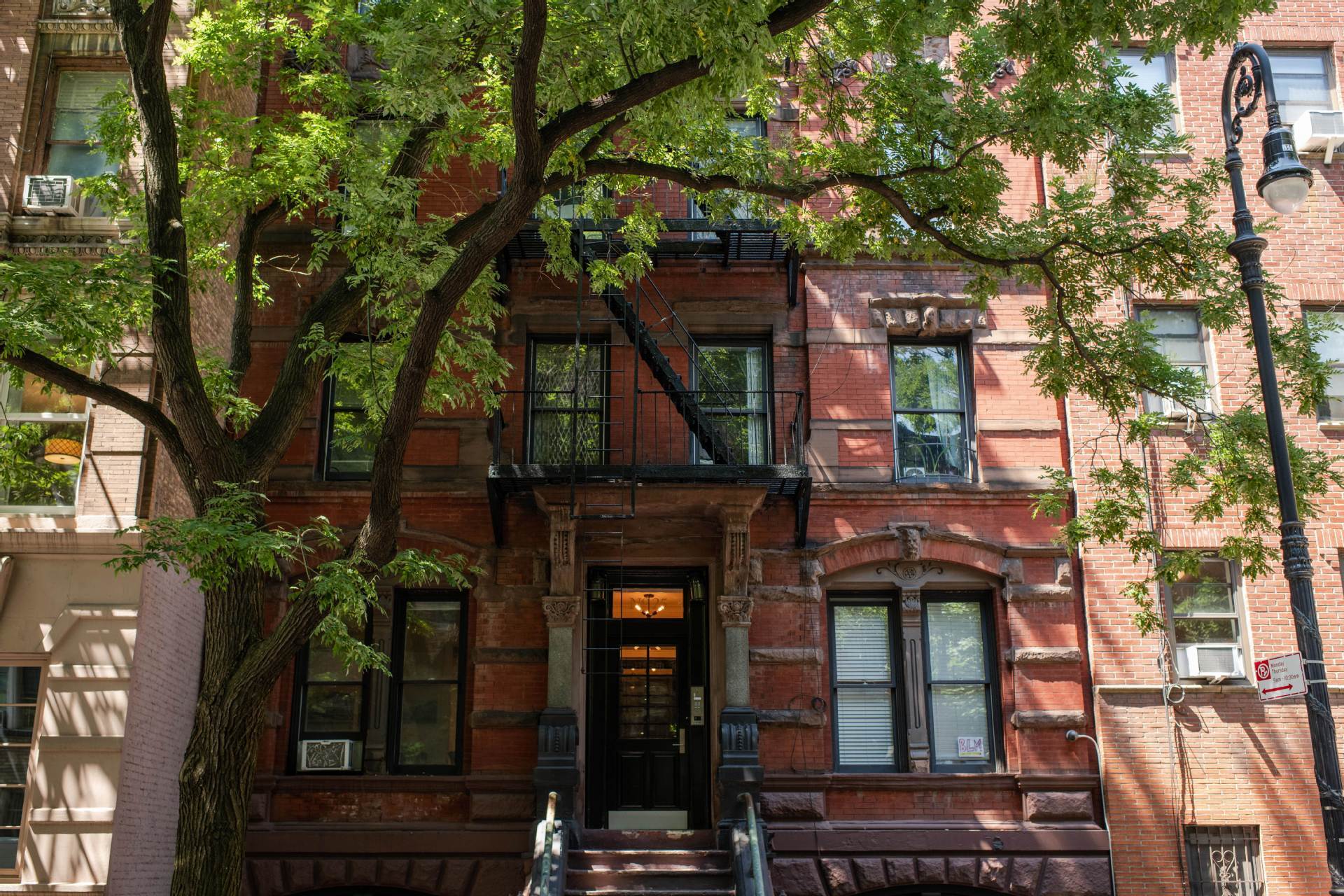
A rent-regulated apartment building in the West Village neighborhood on July 29, 2020 in New York. [Photo/Agencies]
The number of vacant apartments in New York City — especially in Manhattan — is at the highest level in a decade as many people have fled the city amid the coronavirus pandemic.
In July, Manhattan rental inventory increased 65 percent compared with the same period a year ago, and citywide vacancies increased 52 percent, real estate brokers said.
That means many vacating renters aren't being replaced by new tenants. Continued high vacancies may create an obstacle to reviving the city's economy because retail sales and tax revenue are likely to continue to fall.
More vacancies mean lower rents for those seeking apartments, but there are fewer apartment-hunters than usual. That has forced landlords to scramble.
"We're stuck with inventory," Merih Morgan, owner and broker at City Zen Realty in Manhattan, told China Daily.
"Landlords are hurting. Everything is being renegotiated – even the broker's fee. This is a big-time buyers' market. Renters can easily get 20 percent off."
About additional 67,300 apartments were available in July, the largest number in one month said StreetEasy since it began tracking available rentals in 2010. The number topped June's 52,700 vacancies.
There appears to be no immediate relief in sight. Many people are working from home, eliminating the need to be close to the office and undercutting demand for apartments, especially in Manhattan and Brooklyn.
The unemployment rate in New York City rose to 20.4 percent in June from 18.3 percent in May, the US Bureau of Labor Statistics reported.
The Partnership for New York City said about 33 percent of the city's small businesses may never reopen. So far, the sector has lost about 520,000 jobs.
"High unemployment leads to higher vacancy rates as the New Yorkers who can no longer afford to live in the city, or who moved to the city for work, increasingly move away," Nancy Wu, an economist for StreetEasy, said in a report.
"Higher vacancy rates translate into lower demand for the rental inventory piling onto the market as leases expire throughout the summer. As demand continues to decrease while supply increases — and there are many reasons to believe these trends will continue — rents are likely to fall more than they did during the Great Recession (of 2008-2009.)"
There was some good news: Amazon announced plans earlier this week to create 2,000 jobs in Manhattan for employees who will work out of the former Lord & Taylor department store building on Fifth Avenue in midtown Manhattan.
High-income residents, especially those with children, are fleeing the city for the Hamptons on Long Island, Westchester County, the Hudson Valley, Connecticut or New Jersey. That activity punches a hole in the luxury rental market, especially apartments renting for $10,000 or more a month, brokers said.
But the pandemic has hit all sectors of the rental market throughout the city.
The city attracts thousands of students to a range of colleges and universities, including Columbia, City University of New York, New York University and Cornell University's Weill Medical School.
But many schools will offer online classes this fall to limit the spread of the coronavirus, eroding demand for apartments.
"Fewer students will return to the city in September," Wu said.
Brenton Raymond, a licensed broker with Oxford Property Group, a division of Pegasus Equities in Manhattan, said he's confident the rental market will recover.
"People want to get out of Dodge," he told China Daily. "But I think they'll come back because of the intellectual capital in New York."
He said many renters paying $10,000 a month or more have left Manhattan, but a good chunk of those in the $5,000 to $6,000 bracket remain and have become more discerning and demanding.
Some look for apartments in Brooklyn because the median age is generally lower than Manhattan, and housing isn't as dense.
"There's a new-found appreciation for outdoor space – a patio or a balcony," Raymond said. "Some trade a Manhattan high-rise for Park Slope in Brooklyn."


